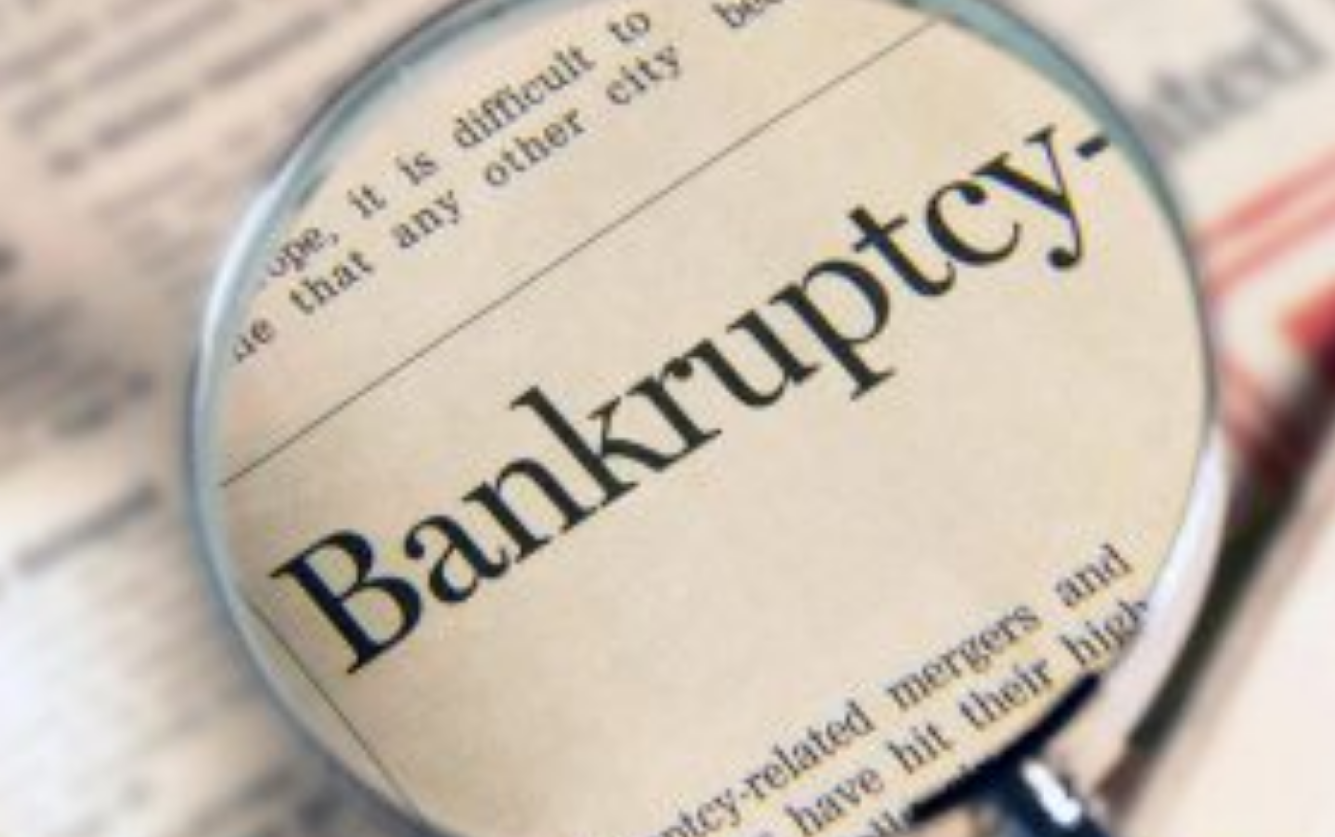Let’s Talk About Commercial Bankruptcy: The More You Know, the Greater Your Chance at Preserving Your Rights as a Secured Creditor
The more you understand about commercial bankruptcy and the bankruptcy process, the greater chance of preserving your rights as a secured creditor and ultimately receiving payment.
Refresher: What’s a Secured Creditor?
A secured creditor has a security interest over some or all of the assets of its debtor. This status can be achieved and maintained through a variety of credit tools such as Mechanic’s Liens, Bond Claims and UCC filings.
In the event of the debtor’s bankruptcy or default, secured creditors have payment priority over their unsecured counterparts, significantly improving the likelihood of getting paid.
The Breakdown: Chapter 7 vs. Chapter 11
In Chapter 7 bankruptcy, the debtor ceases operations, its assets are liquidated by an appointed Trustee, and the funds are used to pay the outstanding debt.
In Chapter 11 Bankruptcy, the debtor wants to continue operating. The debtor will undergo significant structural changes and arrange to pay its creditors over a set period of time.
The Bankruptcy Proof of Claim
As a creditor, it’s important you take the proper steps to protect your interest. Depending on the type of commercial bankruptcy your customer has filed, you may be required to file a Proof of Claim with the bankruptcy court by the specified date, also known as the bar date.
As per the United States Bankruptcy Court, a Proof of Claim is “a written statement and verifying documentation filed by a creditor that describes the reason the debtor owes the creditor money.” This document is critical because it provides proof to the court that your claim amount is valid and owed, as well as what class to associate your claim with.
Generally, this document will include:
- Debtor name
- Case number
- Creditor information, including mailing address
- Claim amount
- Basis for the claim
- Type of claim (secured or unsecured)
- Supporting documentation
In the event of Chapter 7 bankruptcy, you must file a timely proof of claim in order to share in any distribution of funds. The bar date refers to a date, established by the bankruptcy court and based on a variety of factors, by which the proof of claim must be filed. Often, creditors fail to submit the document in time and suffer the consequence of an invalid claim. Whether your claim amount is secured or unsecured, be sure to meet the stated deadline to preserve your rights and maximize any potential distribution.
In a Chapter 11 proceeding, it’s typically unnecessary for a creditor to file a Proof of Claim. This is because the debtor is required to file a Schedule of Assets and Liabilities, which formally lists its creditors’ claim amounts. However, filing a Proof of Claim is recommended if:
- The claim amount is listed incorrectly on the Schedule of Assets & Liabilities or,
- The claim amount is defined as designated, unliquidated or contingent
In these cases, if a Proof of Claim is not filed, the bankruptcy court will deem the information on the Schedule of Assets & Liabilities as correct and distribute the funds accordingly.
If your debtor has recently filed for bankruptcy, it’s critical to act quickly and take the necessary steps to validate your claim amount. Immediately determine the type of bankruptcy preceding you’re dealing with and whether you should complete a Proof of Claim form. If filing, be sure the document is accurate and ON TIME.
We Can Help
Don’t risk an invalid claim and losing out on payment distribution. Let NCS assist in preparing, filing and monitoring your bankruptcy Proof of Claim today. Contact us for more information!
